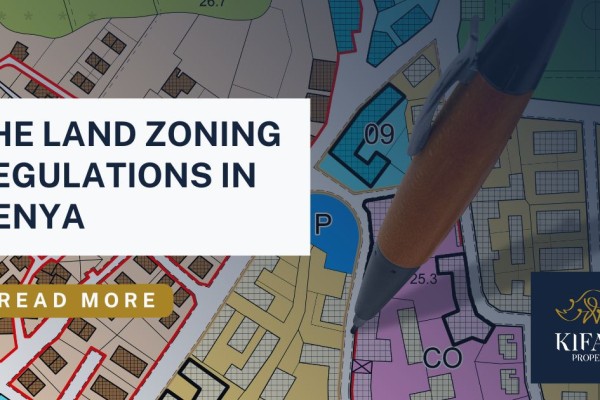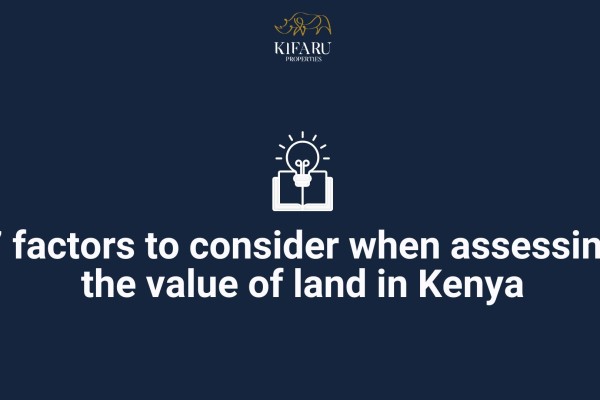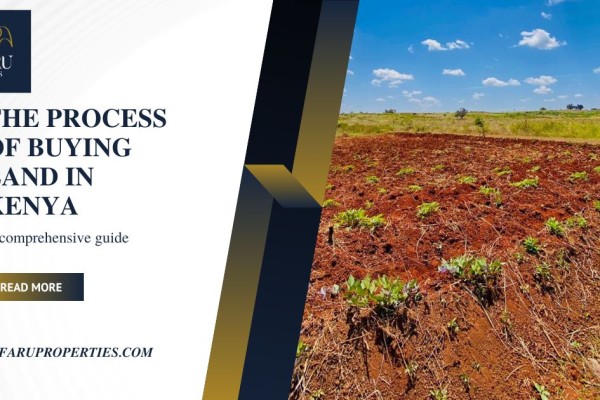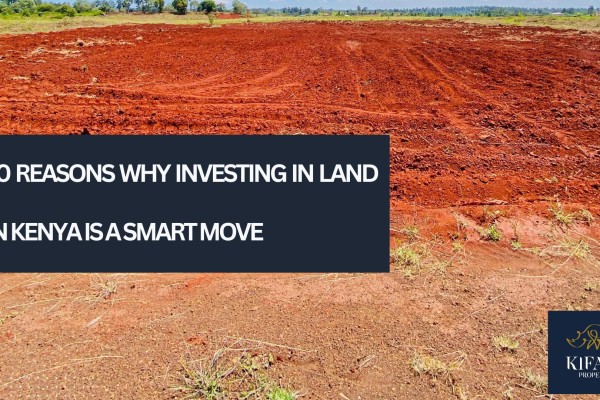- May 15, 2025
- Kifaru Meadows
- 123

1. Always Do a Land Search at the Land Registry
Before you commit to anything, ask the seller for a copy of the title deed. With this, you can do an officialland searchat the Ministry of Lands or via the Ardhisasa platform (for Nairobi-based properties). This search will confirm:
- Who the registered owner is
- The land’s size and location
- Whether the land has any encumbrances like a loan, dispute, or court case
A current search (not older than six months) is your first line of defense against land fraud.
2. Visit the Land Physically
Never rely on photos or maps alone. Go to the land in person and inspect it. Confirm that
- The land exists and is in the right location
- It matches what is shown on the title deed and land map
- There is no one occupying the land or farming it without the seller’s knowledge
Also, speak to the local area chief or neighbors. They may know of any existing disputes or past cases involving that land.
3. Get a Certified Land Map
Visit theSurvey of Kenyaor your local lands office and request a certifiedregistry index map (RIM)and amutation mapfor the plot. This helps you verify the exact location and size of the land on paper.
Use these maps during your site visit to confirm boundaries and avoid buying land that doesn’t exist or overlaps with another parcel.
4. Work with a Trusted Lawyer
Always involve aqualified and experienced land lawyer. They will help:
- Draft and review the sale agreement
- Verify the authenticity of documents
- Conduct due diligence on the seller
- Ensure the land transfer process is done legally and correctly
Avoid using the seller’s lawyer. Hire your own to represent your interests.
5. Avoid Paying in Cash or in a Hurry
Scammers often push for quick deals with promises like “many people are interested” or “price goes up tomorrow.” Be cautious of this tactic. Take your time, follow the legal process, andavoid cash paymentswithout proper documentation.
Use abank transferor lawyer’s client account to trace payments and keep records.
6. Check for Land Control Board Consent (for Agricultural Land)
If you are buying land in a rural area, theLand Control Board (LCB)must give consent for the transfer. This board helps prevent illegal sales and protect buyers. No land transaction is valid without this approval.
Final Thoughts
Buying land in Kenya can be safe and rewarding but only if you follow the right steps. Do your homework, involve professionals, and never take shortcuts. A little caution today can save you from a big loss tomorrow.




